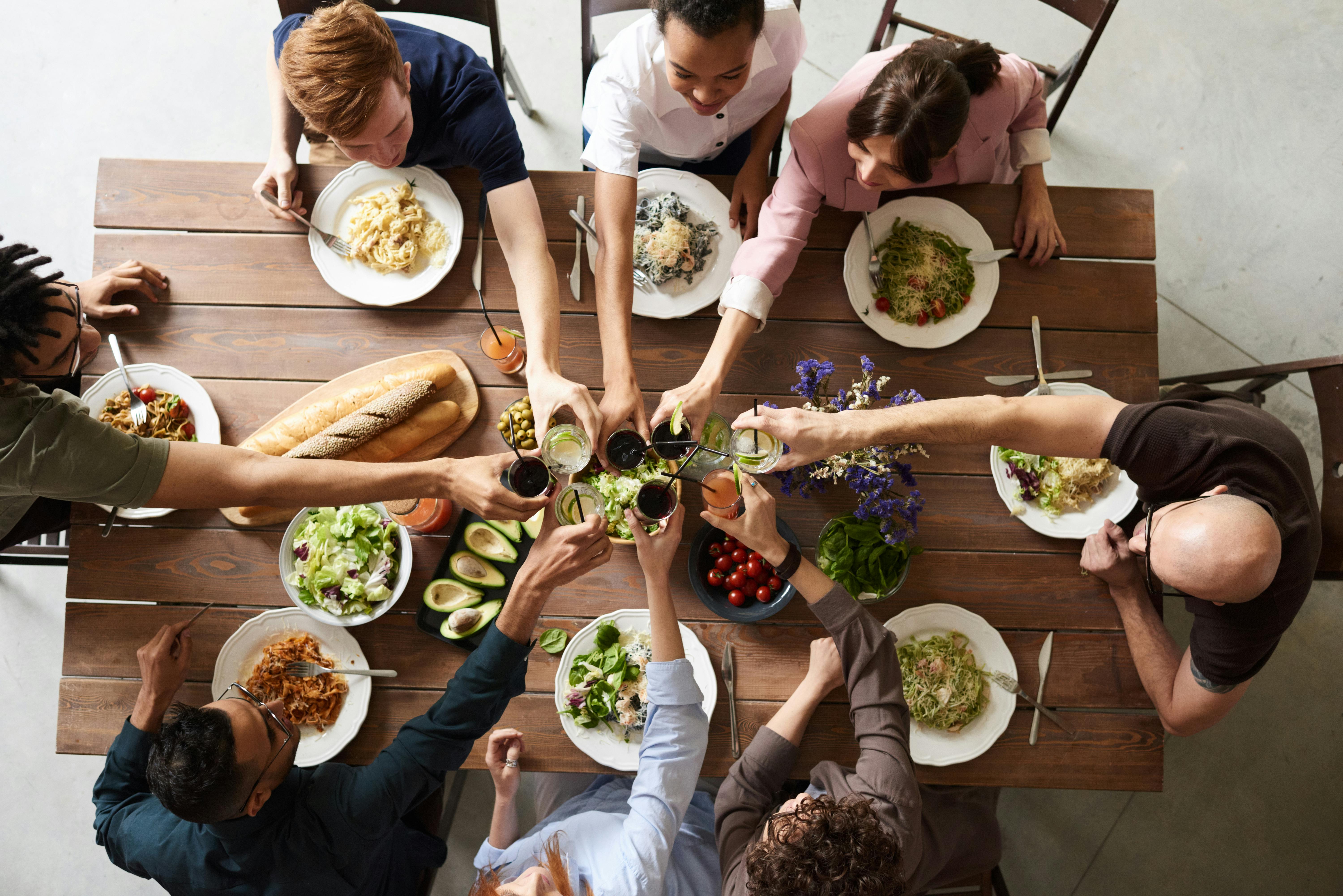The Intertwining of Food and Society: A Deep Dive into the Sociocultural Significance of Our Meals
Societies are like vast, intricate tapestries, each thread representing a different element that contributes to the overall fabric of our collective lives. One such thread, often overlooked, is the role of food. Food is more than just sustenance—it is a mirror that reflects our cultural values, societal norms, and personal identities. This article delves into the intimate relationship between food and society, tracing its historical roots and delving into its modern manifestations.

The Historical Importance of Food in Society
The relationship between food and society can be traced back to our earliest civilizations. Agricultural practices dictated the rhythms of life, and the availability of food resources shaped societal structures. The establishment of agriculture marked the transition from nomadic hunter-gatherer societies to settled communities, facilitating the development of more complex societal systems.
In medieval times, food became a symbol of social status. The rich indulged in exotic spices and lavish feasts, while the poor subsisted on basic, locally-sourced staples. The types of food people consumed became a reflection of their societal position.
Food and Identity: A Dish of Who We Are
In contemporary society, food continues to be a significant marker of identity, both at the individual and collective levels. Our food choices can reflect personal beliefs and values, such as environmental consciousness or religious dietary restrictions.
At a broader level, national cuisines serve as a form of cultural expression. For instance, the diversity and fusion of flavors in American cuisine reflect the nation’s multicultural heritage. Similarly, traditional dishes act as a tangible link to a community’s history and traditions.
The Societal Implications of Food Trends
Food trends, much like fashion trends, can offer intriguing insights into societal shifts and cultural transformations. The rise of plant-based diets, for instance, is tied to growing environmental consciousness and health awareness.
Similarly, the increasing popularity of global cuisines in Western countries reflects a broader trend towards multicultural openness and acceptance. However, it’s crucial to note that these trends can also perpetuate societal inequalities, such as the gentrification of traditional ethnic foods.
Food, Society, and the Future
The future of food is likely to be shaped by various sociocultural factors. Technological advances, demographic shifts, and evolving societal values will all play a role in determining what and how we eat. For example, the growing demand for sustainable and ethically sourced food is likely to influence agricultural practices and food production methods.
The Sociocultural Significance of Our Plates
The relationship between food and society is a complex and ever-evolving one. Our plates are a microcosm of our societies, reflecting our cultural heritage, personal identities, and societal values. As we move forward, it’s essential to consider the sociocultural implications of our food choices and their broader impact on society.




